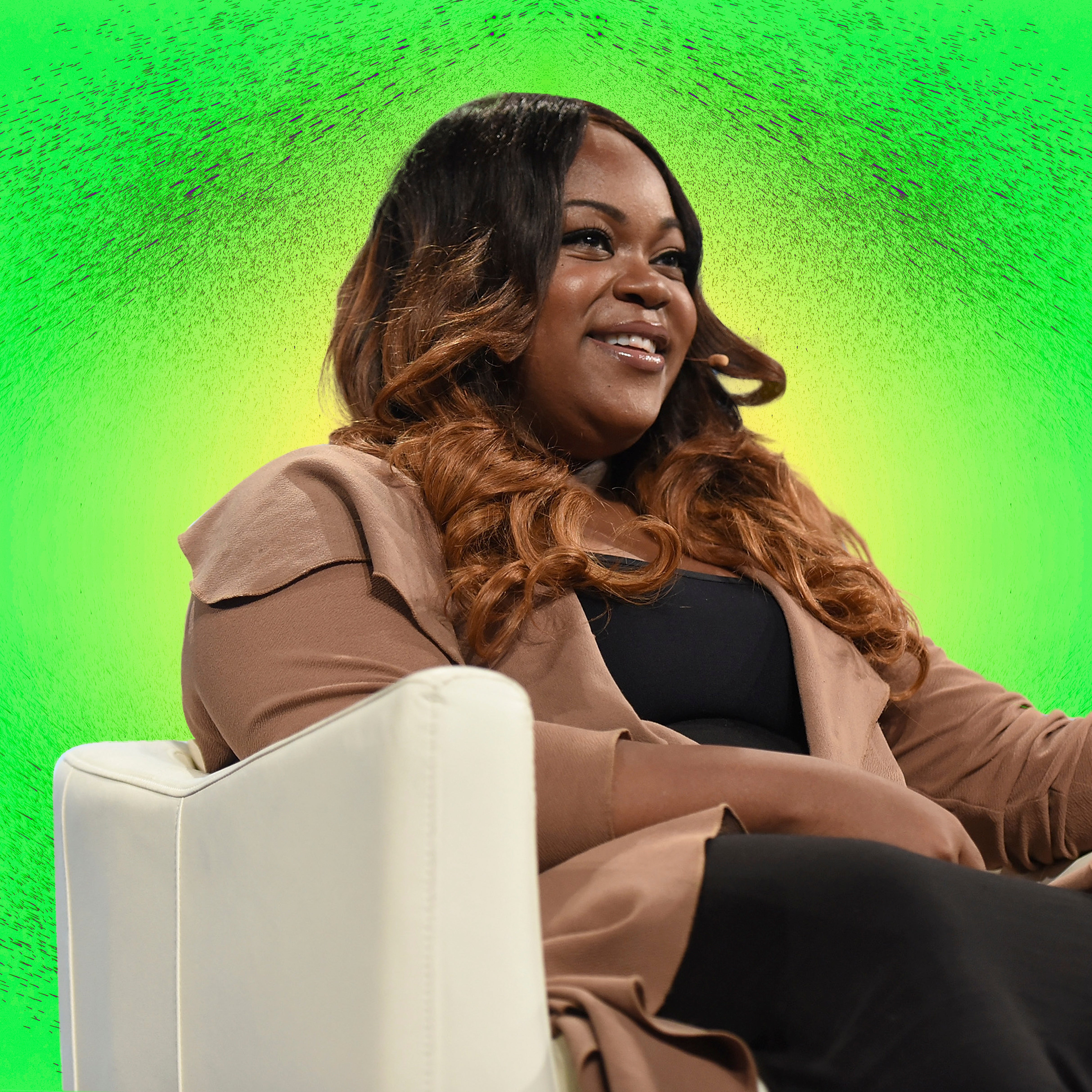
When she graduated from college, Angie Nwandu didn’t set out to be one of the biggest voices in new media, but that’s exactly what happened. In 2014, Nwandu founded The Shade Room, an entertainment platform focusing on Black celebrities.
In the first two weeks, the Los Angeles native racked up 10,000 followers on Instagram and the explosive growth hasn’t stopped since. Today, The Shade Room boasts nearly 12 million “roommates,” or fans, across all of its social platforms and Nwandu has earned props from both the business and media worlds. However, the whole thing almost didn’t happen.
After obtaining an accounting degree from Loyola Marymount University in Los Angles in 2012, Nwandu quickly realized crunching numbers for a living wasn’t how she wanted to spend her life. A poet, who was thrown into the foster care system after her father murdered her mother, Nwandu wanted to write, but wasn’t sure she could turn it into a lucrative career. Still, her passion for words just wouldn’t die.
“If you have a desire that you cannot shake, that’s not just your desire, that’s God’s desire for you,” she explained on ESSENCE’s “Yes Girl!” podcast.
Nwandu collaborated with actress Jordana Spiro on a script that borrowed heavily from her own life in foster care and was accepted into the prestigious Sundance Screenwriters Lab program in January 2014. Two months later, unemployed and refusing to go back to accounting, she founded The Shade Room.
“When I started The Shade Room, it was meant to be for us, by us–for Black people, by Black people–and it was meant to take control of the narrative that we have about ourselves,” she explained.
Despite it’s meteoric rise, many tried to get Nwandu to focus on all celebrities, not just Black ones. But she refused, holding onto her mission to tell Black stories.
“I was like, ‘Get out of my face,’” Nwandu recalled. “I’m going to keep doing this and I don’t care if it restricts me to just Black news, Black culture, and everything Black. Black people and Black culture is pop culture. It’s mainstream. If you ever think you’ve got to stay from Black culture to be hot, you’re tripping.”
Instead of limiting her audience, focusing on Black culture helped to expand Nwandu’s business. Today, The Shade Room is popular with visitors from around the world from Nigeria to Mexico, and the U.S. to the U.K.
“As long as you’re being true to your community, everybody will love it,” she said.
And judging by The Shade Room’s massive audience, she’s right.




